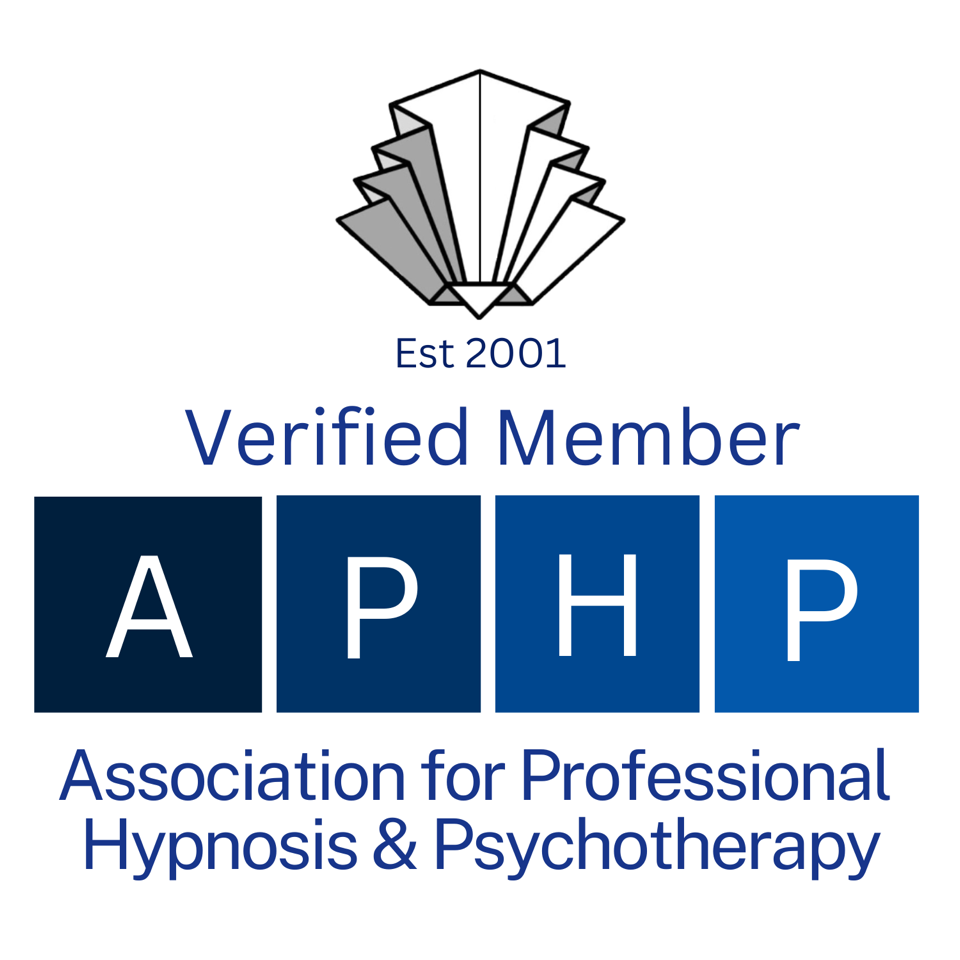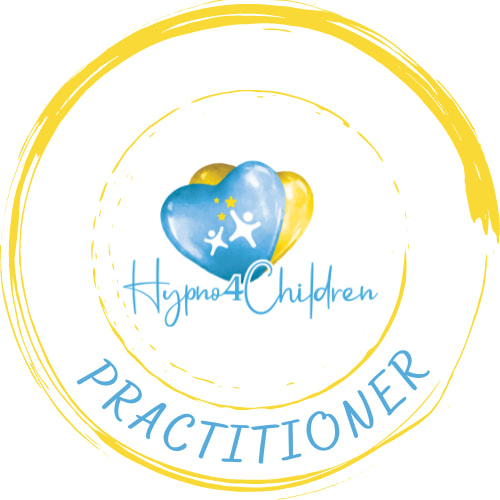The anxiety of perfectionismIn a world that often glorifies perfection, the pursuit of ‘being perfect’ can unknowingly become a breeding ground for anxiety. The relentless desire to meet societal expectations and unrealistic standards creates a cycle of self-imposed pressure and constant comparison.
The perfectionist mindset, fuelled by the illusion of an idealised existence, can lead to heightened levels of stress, depression, anxiety and burnout:
Social Media profiles for example, are heavily filtered, with individuals showcasing only the most positive aspects of themselves and their lives, and these are often digitally enhanced. In addition, people often share their achievements, milestones, and celebratory moments on social media, this constant exposure to others' successes can foster a culture of comparison, making individuals feel as though they are falling short if their lives don't measure up to the perceived perfection displayed by their peers or influencers, even though those standards are untrue and unrealistic. Driven by likes, comments and shares, which individuals latch onto as a metric of worth, social media reinforces the idea that their value is tied to the approval of others. And FOMO (fear of missing out), whether on social media or in offline peer/friendship groups, can further compound a sense of not being good enough. Striving for perfection, whether it’s in how you look, what you wear, your work achievements, your home & possessions, for so many people can bring immense feelings of pressure. To perform, to keep up, to prove oneself, to belong, to fit in (which is a basic human need), can be an exhausting cycle that that perfectionists can’t escape. As a hypnotherapist and NLP practitioner, I have witnessed first-hand the toll that this pursuit takes on individuals. Add in the external influence of other people’s expectations, judgements, standards and opinions and you really are up against it.
Understanding these characteristics, both how the cycle works and the impact on oneself, is crucial for individuals wishing to develop emotionally, to improve their self-worth and sense of wellbeing. Recognising the perfection seeking patterns that may contribute to the anxiety is a significant step toward cultivating a healthier mindset focused on authenticity, realistic goal-setting, and self-compassion. Cultivating self-compassion and self-acceptance is a transformative journey that involves changing the way you relate to yourself. There are numerous tools to help you on this journey, here are my favourite practical tips and techniques to help foster self-compassion and self-acceptance:
Comments are closed.
|
Categories
All
|
Reiki | Hypnotherapy | Massage | Book Appointment | Blog | FAQS | Events |
About Me | Find Me | Contact Me
Terms of Business | Privacy Policy
Providing Hypnotherapy, NLP, EFT, Reiki Healing, Spiritual Readings, Massage & Holistic Therapy Treatments and Workshops in Hampshire: Basingstoke, Alresford, Alton, Winchester and the surrounding areas.
About Me | Find Me | Contact Me
Terms of Business | Privacy Policy
Providing Hypnotherapy, NLP, EFT, Reiki Healing, Spiritual Readings, Massage & Holistic Therapy Treatments and Workshops in Hampshire: Basingstoke, Alresford, Alton, Winchester and the surrounding areas.









